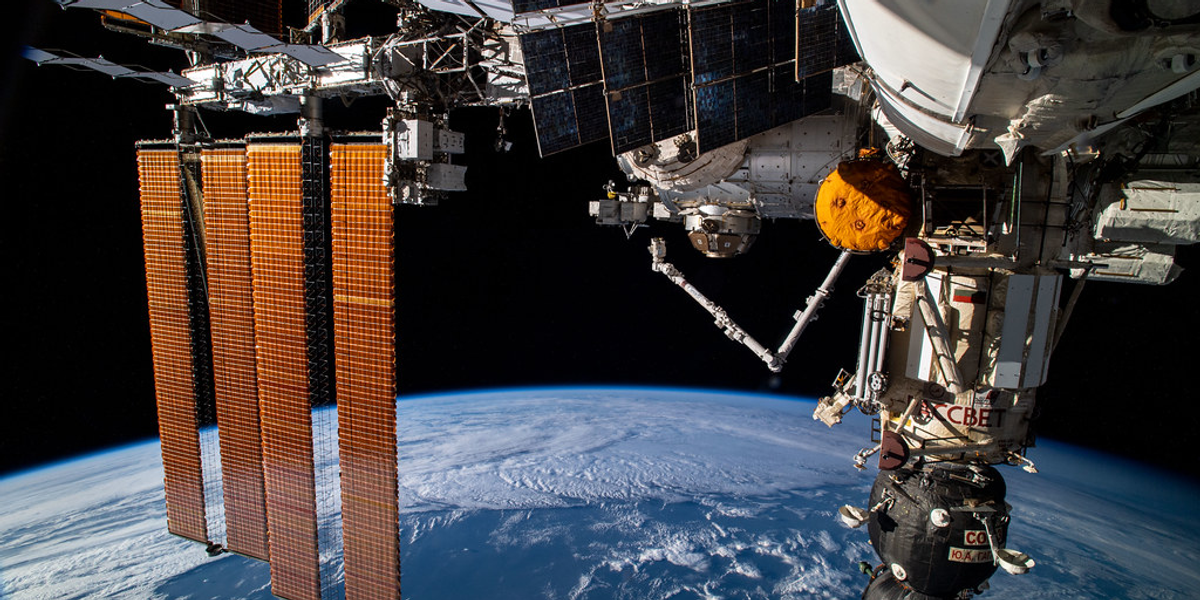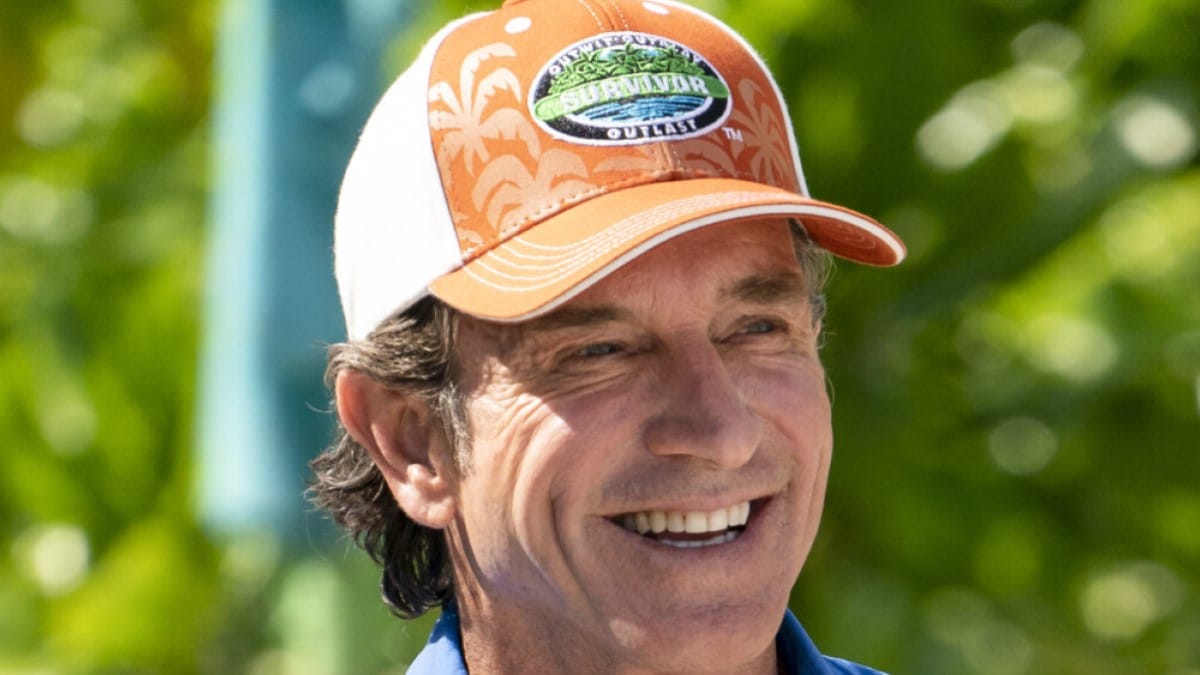The new head of Russia’s space agency announced Tuesday that Russia plans to leave the International Space Station at the end of 2024, when its current commitment expires. Yuri Borislov, who was appointed earlier this month as the head of Roscosmos, said after a meeting with Russian President Vladimir Putin, “The decision to leave the station after 2024 has been made,” according to the Russian news agency Tass. If Russia goes ahead with the decision, it would mean the end of over two decades of US-Russian cooperation following the end of the Cold War.
Reuters reports, however, that senior NASA officials say Russia hasn’t yet communicated an official end to the agreement. NASA Administrator Bill Nelson issued a statement saying that the US remains committed to keeping the ISS in operation until 2030 as planned, and and that NASA is “coordinating with our partners.”
“NASA has not been made aware of decisions from any of our partners, though we are continuing to build future capabilities to assure our major presence in low-Earth orbit,” he said.
In addition to the US and Russia, the ISS partnership includes 11 European countries, Japan, and Canada. The first parts of the space station were launched in 1998, and it has been continuously occupied by Earthpeople since 2000, with occasional fictional invasions by murderous aliens in movies and the station’s complete destruction in 2013 by George Clooney and Sandra Bullock’s explosive onscreen chemistry.
The New York Times notes that astronauts and cosmonauts on the station have been conducting long-term research on the effects of weightlessness and radiation in space, which are needed before humans can hope to successfully travel elsewhere in the solar system like Mars or the asteroid belt. Or maybe some goddamn tech billionaire will just con a bunch of people to go anyway, and they’ll all say on Twitter that they’re enjoying their new mutations, which make them smarter and better anyway.
According to the Times, Borislov told Putin during their meeting that once Russia finishes its commitments through 2024, Roscosmos would focus on building a Russia-only space station, to which Putin replied “Good.” It is not known at this time whether the Russian space station will include an airlock for the ejection of dissidents.
The Times also points out that, following Russia’s invasion of Ukraine in February and the increasing international sanctions in response,
Russian space officials including Dmitry Rogozin, Mr. Borisov’s predecessor, had made declarations in recent months that Russia was planning to leave. But they all left ambiguity about when it would happen or whether a final decision had been made.
If Russia follows through, it could accelerate the end of a project that NASA has spent about $100 billion on over the last quarter-century and set off a scrambling over what to do next.
It’s also possible, the Times pointed out, that when Borislav said Russia would quit the partnership “after 2024,” he may have been allowing some “wiggle room for Russia to extend its participation beyond its current commitment.”
The Russian announcement came as a surprise, Reuters points out, particularly since it’s been less than two weeks since the US and Russia signed an agreement that would integrate flights to the ISS, allowing US astronauts to travel to and from the station on Russian Soyuz modules and for Russians to use American spacecraft in exchange. The agreement came after years of negotiation, and jointly crewed flights are expected to begin in September.
If Russia actually does pull out of the ISS partnership, that could make keeping the space station operating until 2030 tricky, since as Reuters explains, the station was designed and built purposefully to require international cooperation and interdependence:
For example, while U.S. gyroscopes provide day-to-day control over ISS orientation in space and U.S. solar arrays augment power supplies to the Russian module, the Russian unit provides the propulsion used to keep the station in orbit.
“You can’t have an amicable divorce,” Garrett Reisman, a retired NASA astronaut and current astronautical engineering professor at the University of Southern California, told Reuters in an interview. “We’re kind of stuck together.”
Russia can’t exactly take its modules and go home, but if it pulls out and then decides not to provide parts, crew members, and technical assistance, it’s unclear how well the station could be kept operable. The Times explains it’s “conceivable that Russia might be willing to sell its half of the station to NASA or a private company,” especially if it’s not a flaky one of the sort that makes a $40 billion offer and then tries to renege. Also too,
NASA is also looking at whether American spacecraft could take over some of the tasks of raising the orbit of the space station. But because of the location of NASA’s docking ports, the American vehicles would be less well-suited for adjusting the orientation of the space station.
Russia may also have trouble following through on its plans for its own space station, seeing as how space isn’t just the final frontier, it’s damned expensive. The Times notes that after the US retired the Space Shuttle program in 2011, Russia had a steady stream of money from NASA buying seats for US astronauts on the Soyuz, but that ended when SpaceX began ferrying astronauts to the ISS two years ago. With the sanctions in response to the Ukraine invasion, Russia lost more space money with cancellations of contracts to launch satellites for companies in Europe and elsewhere.
Pavel Luzin, a Russian space and military expert, told the Times, “Without cooperation with the West, the Russian space program is impossible in all its parts, including the military one.” In space, no one can hear you scream “We need money!”
Russia has also talked a lot about pairing up with China in space ventures, but the Chinese space station, Tiangong,
is not in an orbit that can be reached from Russia’s launchpads, and many of the discussions between the two countries have focused on cooperating on lunar exploration.
“The prospect of cooperating with China is a fiction,” Dr. Luzin said. “The Chinese have looked at Russia as a prospective partner up until 2012 and have stopped since then. Today, Russia cannot offer anything to China in terms of space.”
We sort of get the impression that Dr. Luzin’s analysis of Russia’s prospects of going it alone in space might be summed up with a window sticker of Calvin peeing on a Soyuz capsule.
In conclusion, we don’t know yet whether Russia will follow through and leave the ISS partnership after 2024, or if it does, how NASA and the remaining partners will keep the thing flying until 2030. If Donald Trump somehow returns to power, we can at least look forward to more deep thoughts on space, like his observation that the Moon is part of Mars.
[Reuters / NBC News / NYT / Photo: NASA]
Yr Wonkette is funded entirely by reader donations. If you can, please give $5 or $10 a month to help keep us spacey.








































































